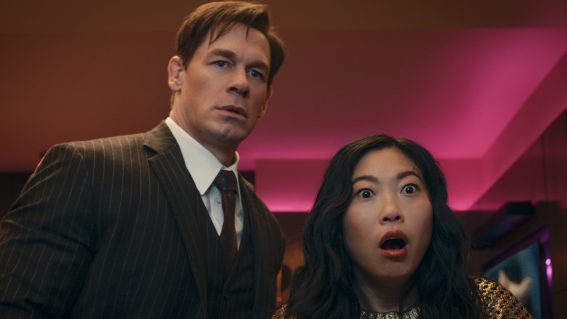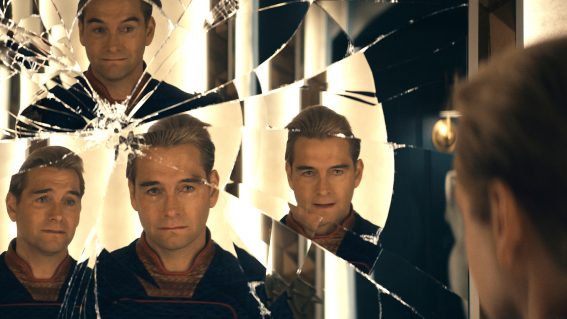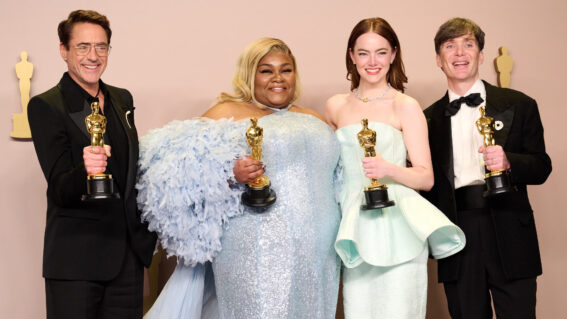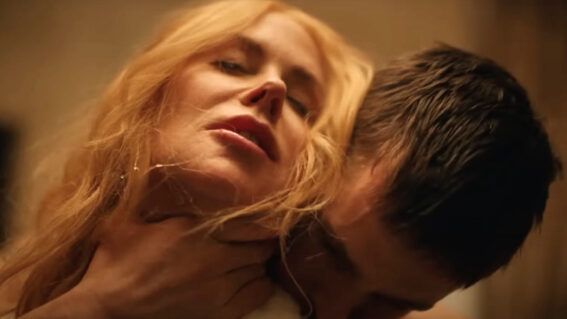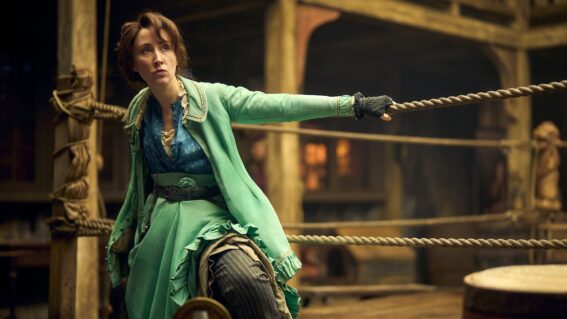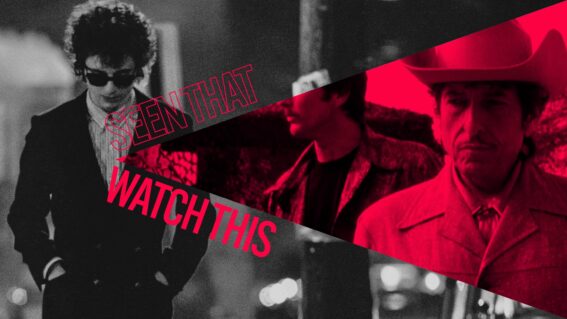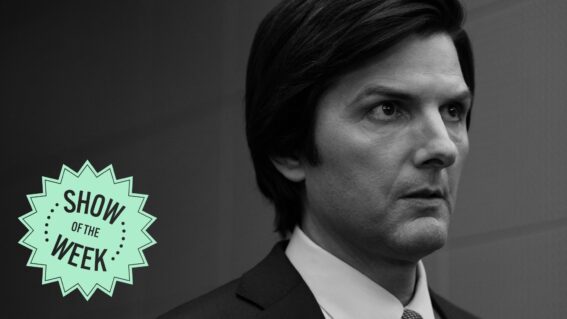Kevin Hart has the time of his life in action comedy Die Hart 2: Die Harter
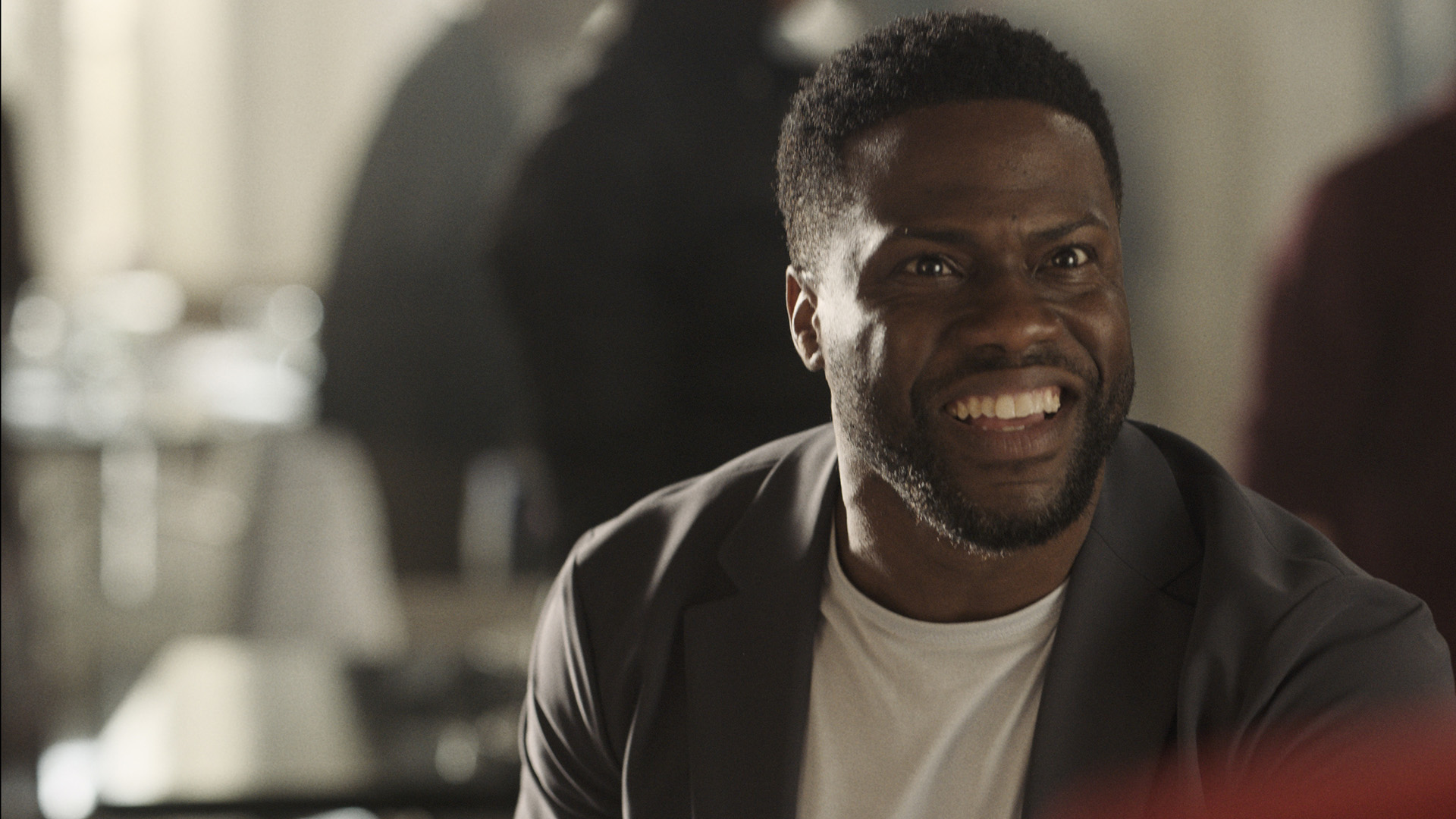
Kevin Hart takes his action star fanboy dreams to the next level in the self-parodying Die Hart 2: Die Harter. It’s a cornucopia of self-referential delights for anyone mildly obsessed with action cinema, says Dominic Corry.
Few projects have trodden as complicated a road as Die Hart, which began life as a Quibi series (remember that?), and after Quibi shut down moved to The Roku Channel (in the States) and was edited into a full-length movie for an international rollout on Prime Video.
The series was popular enough on Roku to warrant a renewal three years after the original first streamed, and that second season has been edited into another movie for Prime Video. Behold: Die Hart 2: Die Harter.
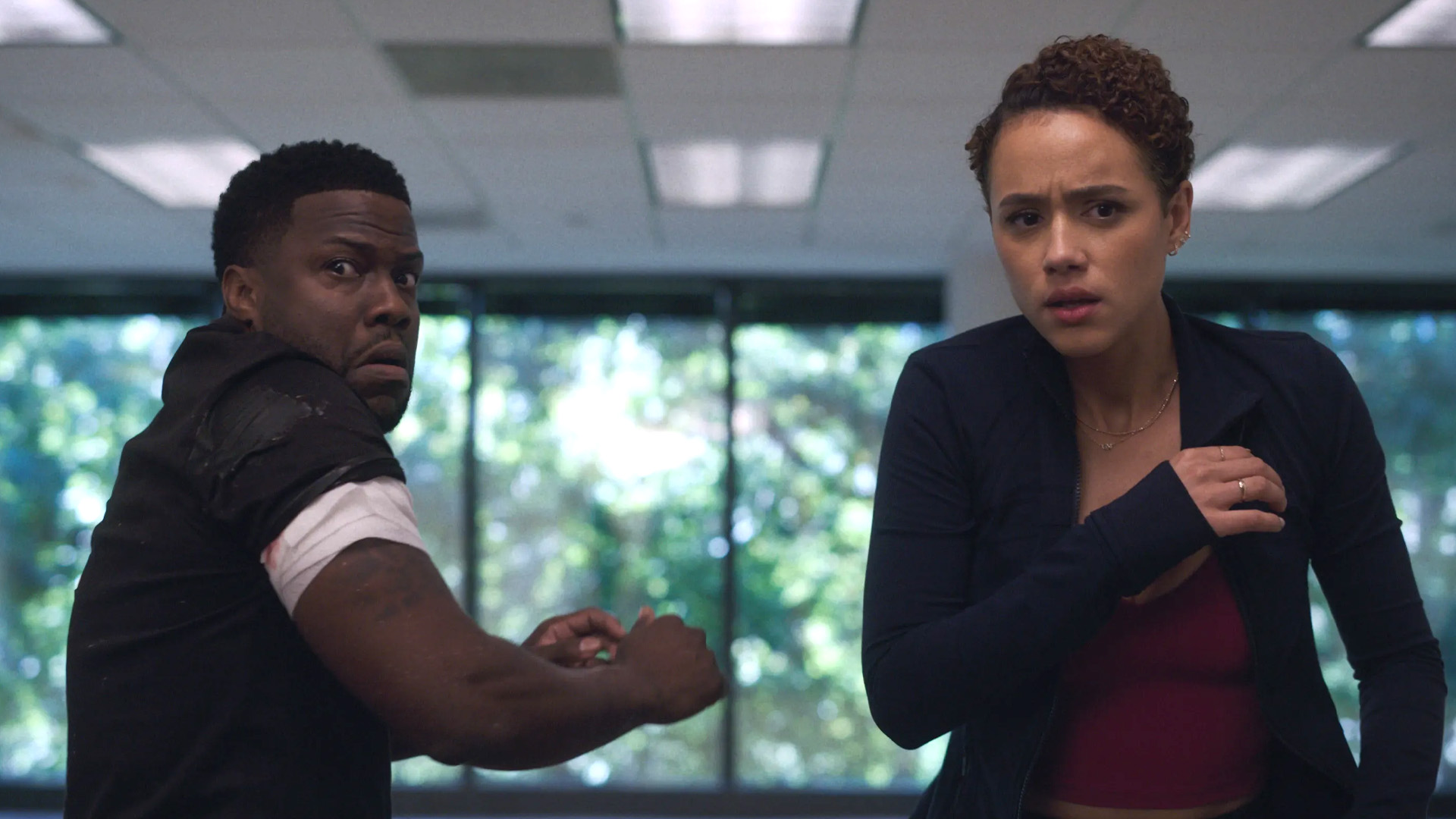
In the original Die Hart, Hart, playing a (presumably) goofier version of his real-life self, has a media flame out on a talk show and sees his career in tatters. In an effort to authenticate himself as a legitimate action star, he goes to an action star boot camp of sorts run by a guru named Ron Wilcox (played by John Travolta!), who resolves to whip him into fighting shape.
But Wilcox is not all that he seems, and soon Kevin and his co-star Jordan King (played by Nathalie Emmanuel from the Fast & Furious franchise) are genuinely fighting for their lives. Or so it would seem.
There are endless reversals in Die Hart, with the “actors” constantly shifting in and out of genuine peril. Also Josh Hartnett shows up as himself, and doesn’t survive.
Die Hart 2: Die Harter doubles down on the meta-premise, opening with Hart in a restaurant (named “Jean-Claude’s”, because of course) attempting to pitch a studio head on a “verité action movie” that dispenses with the green screens and CGI that rob action movies of their true grit. In Hart’s conception, only “real” action can prove that he can be a real action star.
Just as his pitch culminates, armed commandos smash through the ceiling of the restaurant and begin robbing the wealthy patrons. Hart snaps into action and makes short work of them with a variety of Bourne-esque moves, then reveals he’d set this all up to impress the studio head and prove the value of “verité” action cinema . He is essentially doing to himself what was repeatedly done to him in Die Hart.
But the studio head is unconvinced, and rejects his pitch. Hart regains hope when an enigmatic European financier expresses interest in Hart’s ambitious project, but just as they are coming to terms, Hart is shot with a tranquiliser dart and wakes up in a dingy warehouse strapped to a chair with a scary looking man waving instruments of torture over him.
He manages to free himself, and encounters Jordan King, but he doesn’t take any of the violence hurling in their general direction seriously because he is convinced they are simply shooting the “verité” movie he conceived, so it should feel real.
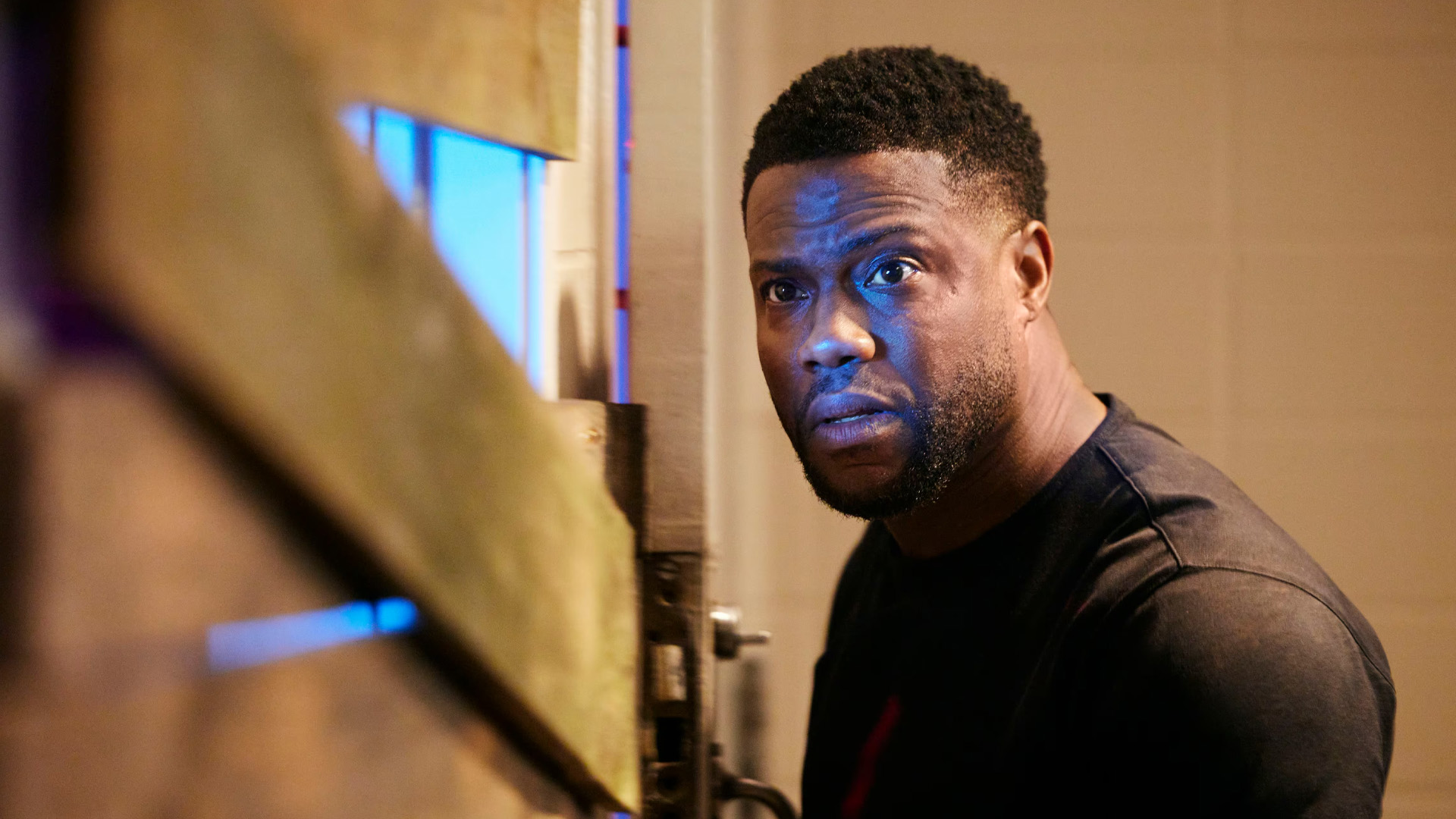
As Jordan attempts to make him believe they are genuinely in danger, they seek refuge with Hart’s personal assisstant André, played by the great Ben Schwartz (Parks & Recreation, Sonic the Hedgehog), who is firing on all cylinders here.
As in Die Hart, the reversals and revelations keep coming, but unlike Die Hart, this doesn’t take place entirely in one location. Die Harter opens up the world considerably and it seems like anything is possible at any moment, even a diversion into Saw territory.
Part of the joke here is that Kevin Hart is already an action star (Ride Along/Ride Along 2, Central Intelligence), but the “Kevin Hart” he is playing here is insecure about his bona fides in this arena, and seemingly inspired by Tom Cruise’s antics, is obsessed with showing that he has the badassery necessary to be convincing on screen. Which is why he fired his stunt double, Doug, also played by Hart.
It’s a cornucopia of self-referential delights for anyone mildly obsessed with action cinema, which makes sense as it was co-created by Derek Kolstad, the man behind arguably the greatest modern action franchise: John Wick.
Like those movies, Die Harter knows its audience has certain expectations of the genre, and relishes both subverting and fulfilling them.
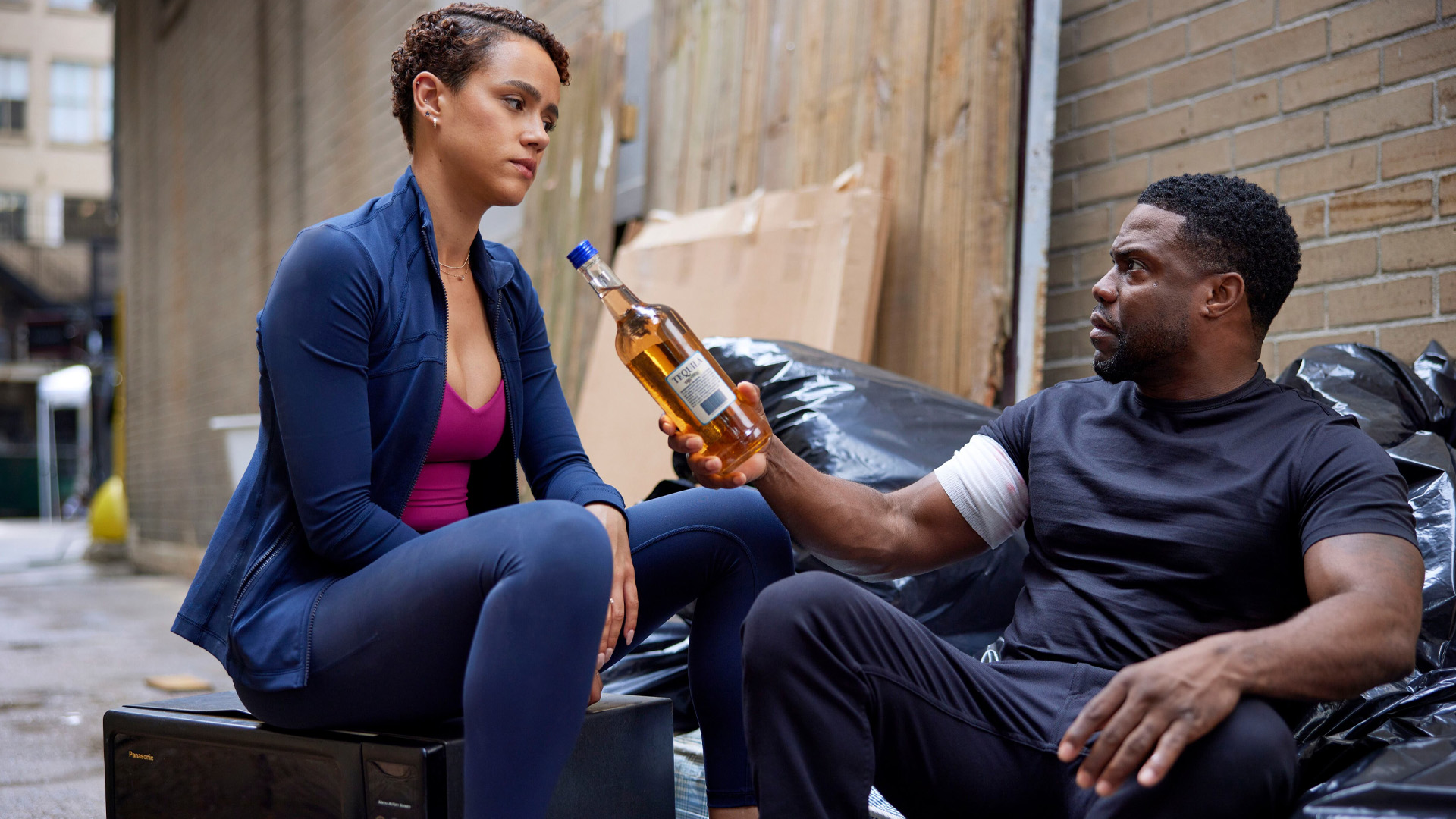
Hart is clearly having the time of his life, and the action, as it were, is designed around his strengths as a performer. Constantly having his worldview upended and often scrambling, its pure motormouth Hart all the way.
Along with the expanded scope, the addition of Schwartz and the return of Jordan King allow Die Harter to lean more into the Entourage of it all, with the former affecting a hilariously sycophantic dynamic with Hart and the latter being used to comment on how action movies so often underserve their female characters.
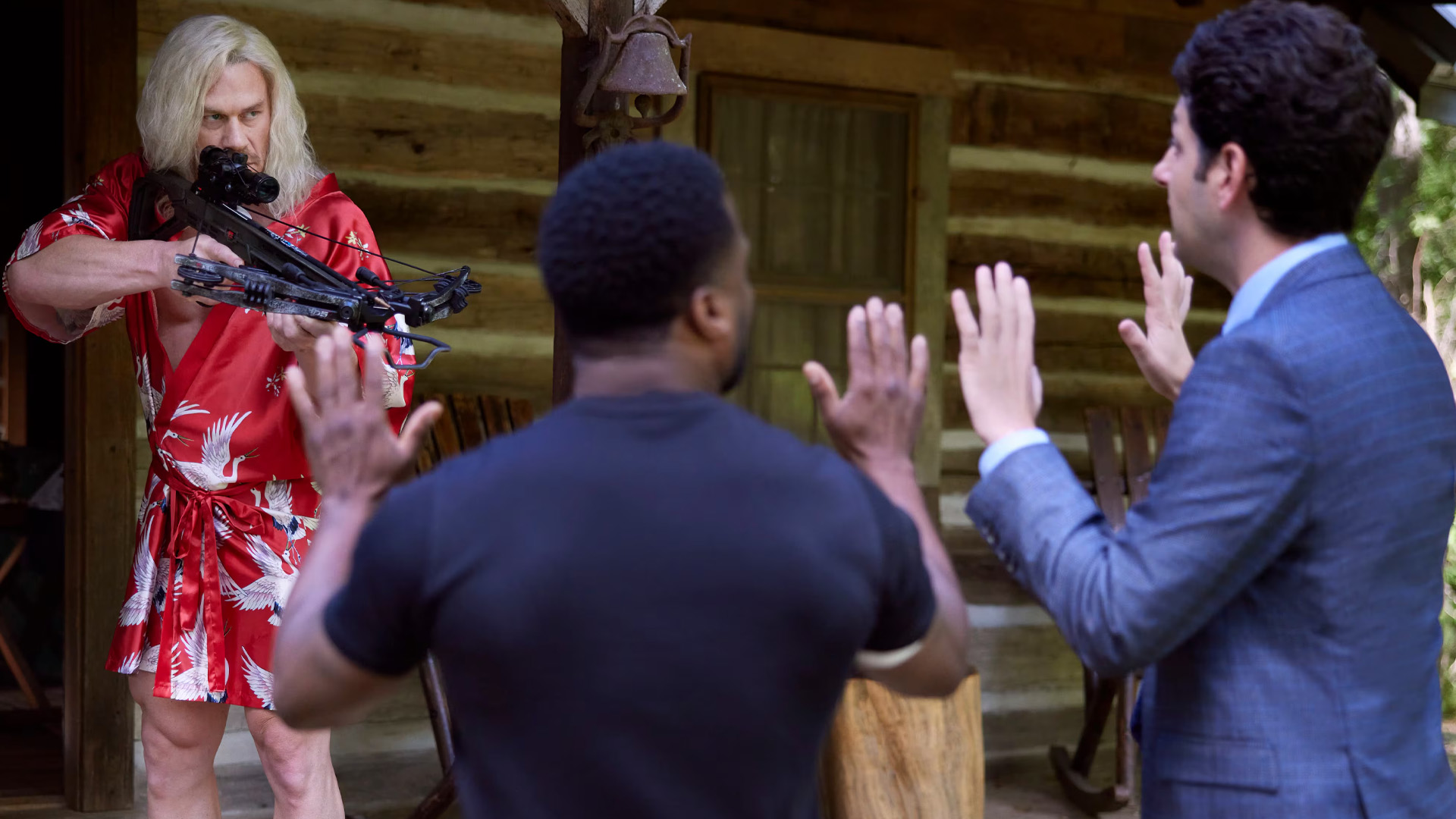
John Cena also shows up in the final third to add to his already-distinguished list of gonzo character turns. He is turning into possibly the most comedically-gifted wrestler-turned-actor ever.
Die Harter seems to be intentionally ephemeral, with the participants indulging themselves for our benefit. At one point, Schwartz goes full Scooby-Doo pretending to be a plumber to gain entrance to a mansion and it’s an all-timer.
The genial frivolity is greatly enhanced by a pure love for action cinema that undergirds the whole affair.

